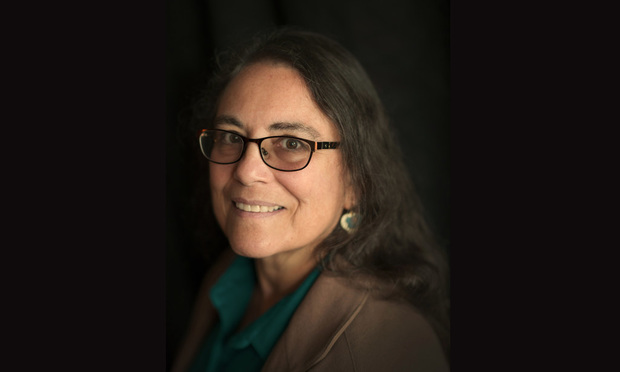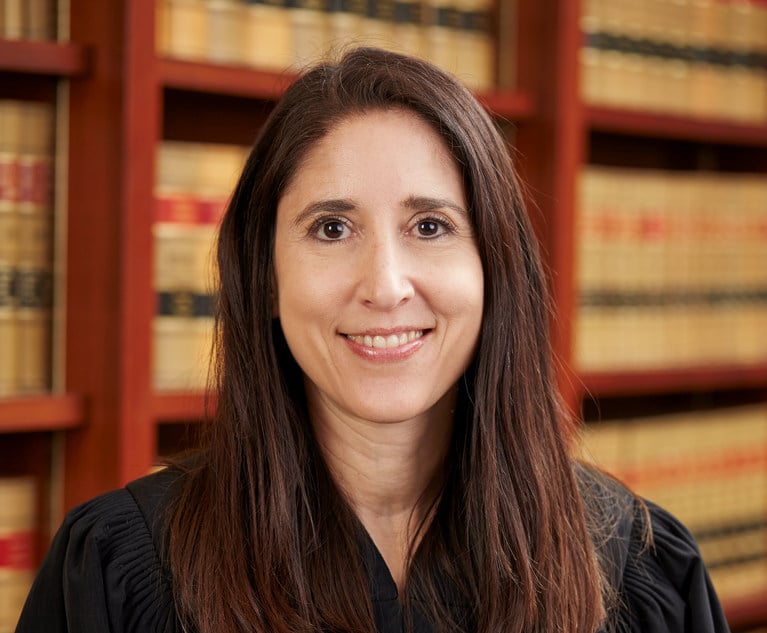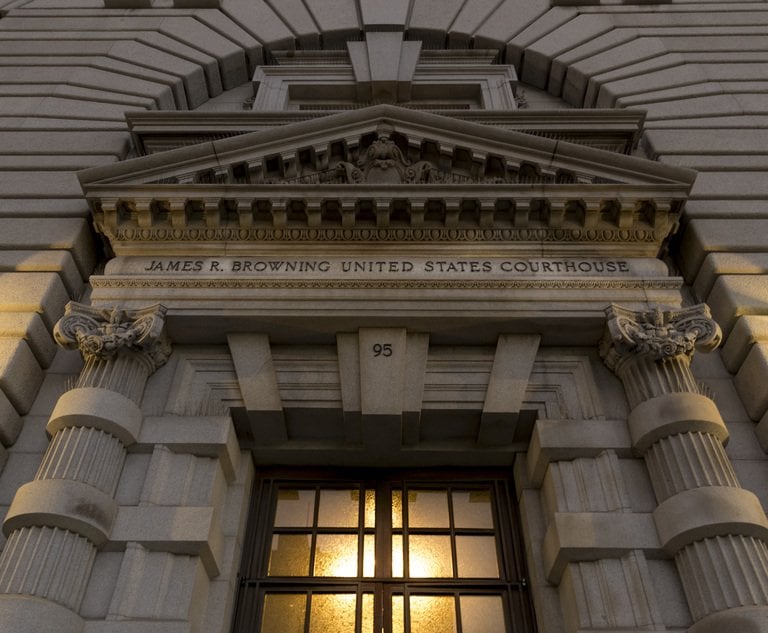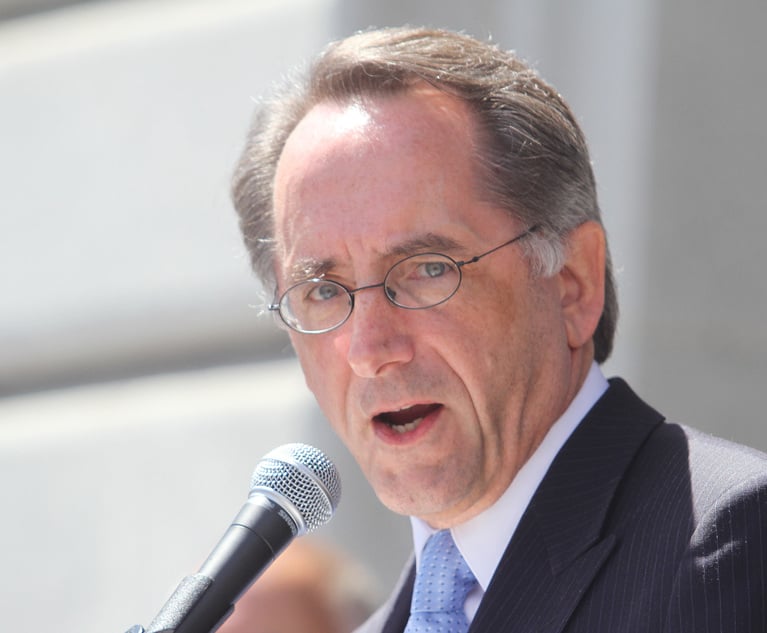In both state and federal courts in California, lawyers have an ethical duty of candor to any tribunal before which they appear. Under rule 3.3 of the California Rules of Professional Conduct, the duty of candor expressly includes the obligation not to misquote the language of a court opinion or other authority. That means lawyers must refrain from making false statements of fact or law in their court filings, and must correct any false statements they have previously made. While it may seem that this basic principle should go without saying, adherence to it is not universal. After all, we live in an age when some public officials seem to feel free to promulgate “alternative facts” without scruple.
In appellate proceedings, false or misleading statements about the record, and disingenuous characterizations of the applicable law, are not very common—but they are not unknown. And the consequences of such misbehavior are not trivial. As one California appellate court remarked in In re S.C., “Counsel should never misrepresent the holding of an appellate decision. Not only would that be a violation of counsel’s duty to the court …, it will backfire because the court will discover the misrepresentation … .” The offending attorney in that case was eventually disbarred (albeit for other even more significant misconduct).


 Sarah Hofstadter of California Appellate Law Group.
Sarah Hofstadter of California Appellate Law Group.




